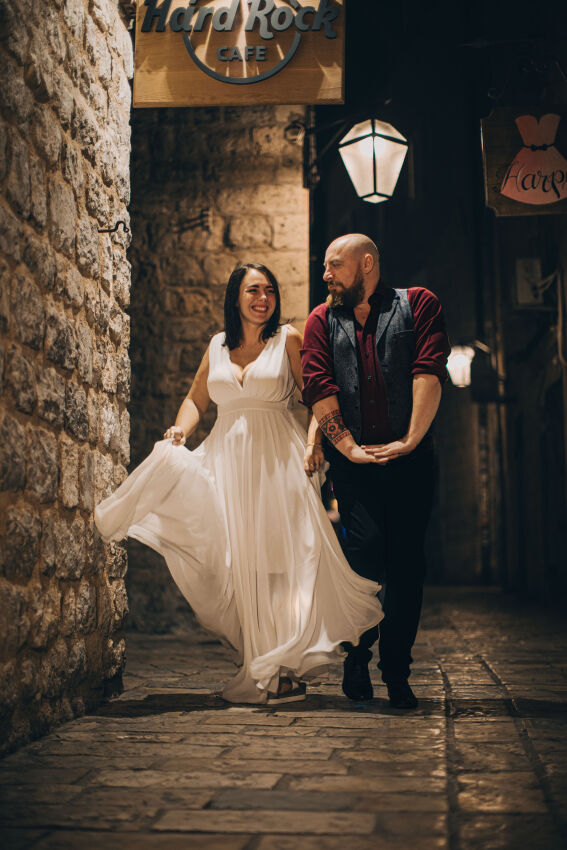How to Register a Marriage in Montenegro: Step‑by‑Step Instructions

There are no stories more authentic than those lived firsthand. So this time I’ll share how my wife and I officially registered our “newly arrived” family against the backdrop of the Mediterranean. As she jokes, I pulled a clever trick: now I don’t have to take my young bride to the sea for our honeymoon - it’s already here.
Contents
What documents are required?
Now, step by step
But that’s not all
Order of actions
Epilogue
What documents are required?
There are various guides of differing accuracy online. To set a baseline, I’ll clarify that we got married in Budva in 2023, but it’s unlikely that anything has drastically changed since then. These were the documents required at that time:
- The birth certificate of each person getting married.
- A certificate of no impediment to marriage (issued within the last 3 months). You can obtain this in person in your home country, by power of attorney, or remotely through well-placed acquaintances and the locals’ fondness for corruption. It should cover the period since you turned 18.
- A certificate of name change (if applicable).
- International passports (if available in your country).
*Note: an apostille is not required at this stage.
Now, step by step
- Find two friends and have them act as witnesses (this is a legal requirement in Montenegro). When submitting the application, bring photocopies of their passports.
- Contact a court-certified translator and have translations and copies made of your passports, birth certificates, and certificates of no impediment. The cost is €100-150, depending on the translator and their disposition.
- Go to the municipality (opština), locate the registry office (matičar), and submit your marriage registration application. There they’ll recommend their preferred court translator. The state fee is about €20 if you register at the municipal building or €100 if you want to hold the ceremony outdoors, plus €8 for notarizing copies.
- Attend the ceremony with the court translator (whose presence is mandatory) and two witnesses with their original passports. If you need an international marriage certificate in English, request it in advance (+€50 for the translation).
- Receive the marriage certificate in person, exchange smiles - and now you can officially argue over who’s doing the dishes!

But that’s not all
You receive two types of marriage certificates: a local one and an international one (if you chose that option).
The local one is needed for internal procedures (for example, to obtain a residence permit for family reunification) and is valid for about six months - like an ordinary certificate. If needed later, you can simply return to the municipality and request a new up-to-date document.
With the international one, you have to complete another mini-quest - apostille legalization. Moreover, it must comply with the rules of the country for which the apostille is required. In our case, it was the USA/EU countries.
Order of actions
- Make two notarized copies of the marriage certificates (each person receives a separate document with its own number).
- Pay the fee at the post office (€12).
- Travel to the town of Kotor. There you’ll find the court where the coveted apostille is issued.
- Submit all these documents at the appropriate window and in a couple of days you can come back and pick up the “upgraded” papers.
*Note: You may only enter the court wearing pants/trousers if you are a man, or a long skirt/trousers if you are a woman. I almost got caught out when I arrived in shorts (it was scorching, over 30 °C), and they told me, “you need trousers.”
Done? That’s it! Ready! Now it’s definitely time to celebrate!
Epilogue
Unlike the grandiose speeches common in our culture - like “the ship of love sets sail” - the ceremonial speech here is simpler but far more heartfelt. It ends up being not only official but also genuinely warm. As they say, give it a try - my “recommendation”!

